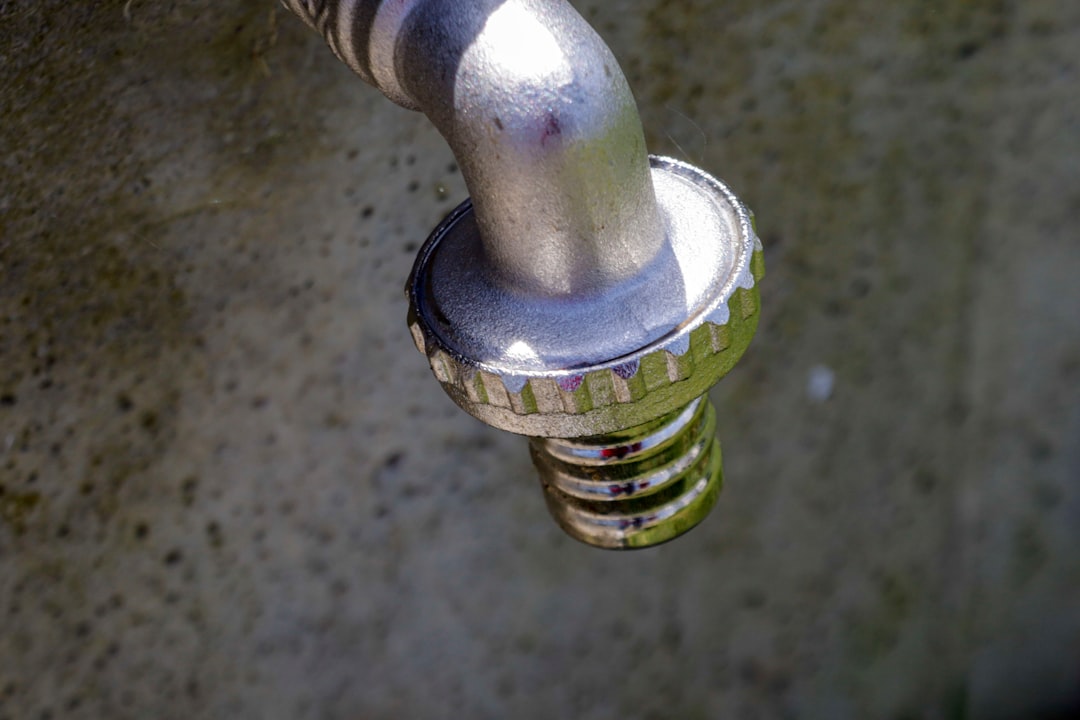
For construction professionals, understanding the cost of sprinkler installation is crucial for accurate project budgeting. In 2026, the average cost ranges from $1.80 to $6.00 per square foot, translating to $4,320 to $14,400 for a 2,400-square-foot home. This guide provides insights into the factors affecting these costs, helping you make informed decisions.
• Safety first: Residential sprinklers reduce fire-related fatalities by up to 80%.
• Insurance incentives: Many insurers offer premium reductions for certified systems.
• Rising code requirements: Increasingly mandated in new builds and renovations.
The national average for a fully installed system is $1.80 to $6.00 per square foot. In competitive markets, costs often settle around $2.50 to $4.50 per square foot.
1. System type: Wet pipe, dry pipe, and mist systems have distinct costs.
2. Water supply upgrades: Booster pumps or tanks can add $2,000–$8,000.
3. Pipe material: CPVC, PEX, and steel each have unique benefits and costs.
4. Ceiling access: Finished ceilings in retrofits may increase costs by 20-30%.
5. Permit and inspection fees: Budget $100–$1,000 depending on requirements.
• 2,100-sq-ft colonial home
• CPVC wet pipe system
• No pump required; city pressure 62 PSI
Total installed price: $6,600, or $2.75 per sq ft.
1. Describe the house layout via a mobile voice call.
2. AI converts speech to a digital floor plan.
3. Software pulls live pricing from suppliers.
4. Labor hours are benchmarked and adjusted for your ZIP code.
5. Outputs a detailed line-item estimate.
• Drywall patching after retrofits
• Ceiling painting and texture matching
• Annual inspection contracts ($150–$400)
• Backflow preventer testing
• Plan early: Incorporate sprinklers during framing.
• Choose CPVC in conditioned spaces.
• Bundle projects with plumbing rough-in.
• Use AI takeoffs to prevent over-ordering.
Some municipalities offer tax credits for fire protection upgrades. CountBricks can integrate these into your estimate.
Does a retrofit always mean tearing down ceilings? No, PEX can be routed through closets or attics.
Will my water bill skyrocket? Sprinklers use water only when triggered by fire.
How long does installation take? New builds: 2-4 days; Retrofits: 5-8 days.
• AI-powered blueprint takeoffs
• Integrated scheduling
• Digital change orders
• Post-installation inspections
Ready to see your exact numbers? Visit CountBricks.com to start a live voice session.
• Typical cost: $2.00–$6.00 per square foot
• Major drivers: system type, water supply, pipe material, ceiling access
• CountBricks AI delivers precise estimates and quotes.

The Martins owned a 1920s bungalow. Traditional contractors quoted $6,600–$18,000 for a retrofit. CountBricks provided a second opinion.
1. A five-minute phone call captured room dimensions.
2. AI generated a digital model, routing PEX through attics.
3. Live supplier feeds applied discounts to the estimate.
• Final contract price: $14,980—27% below initial bids
• Installation time: Four days, no displacement
• Insurance savings: $420 per year
• Walk your attic to identify straight pipe runs.
• Ask about acceptable concealed coverage.
• Schedule paint touch-ups with drywall repair.
• Blueprint upload tool for subdivisions
• Instant change order pricing
• Line-item material lists synced to suppliers
Launch a live session at CountBricks.com for a sharable estimate.